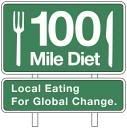Eliminating pesticides from your diet
Pesticides are not on the USDA Food pyramid, so you shouldn't be ingesting them on a regular basis. Unfortunately, despite your best efforts, you're bound to be exposed to some unwanted chemicals. The Environmental Working Group, an advocacy group for organic food, did a study about the relative levels of pesticide
"An EWG simulation of thousands of consumers eating high and low pesticide diets shows that people can lower their pesticide exposure by 90 percent by avoiding the top twelve most contaminated fruits and vegetables and eating the least contaminated instead. Eating the 12 most contaminated fruits and vegetables will expose a person to nearly 20 pesticides per day, on average. Eating the 12 least contaminated will expose a person to a fraction over 2 pesticides per day. Less dramatic comparisons will produce less dramatic reductions, but without doubt using the Guide provides people with a way to make choices that lower pesticide exposure in the diet."
Unfortunately, the study found that washing doesn't much help to eliminate the residual pesticides. While you should always wash your fruits and vegetables, it's still best to choose locally farmed, sustainable produce that has been grown organically.
The Dirty Dozen: The 12 Most Contaminated (Buy These Organic, if possible)
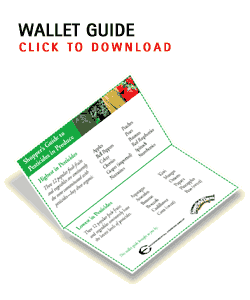
• Apples
• Bell Peppers
• Celery
• Cherries
• Imported Grapes
• Nectarines
• Peaches
• Pears
• Potatoes
• Red Raspberries
• Spinach
• Strawberries
12 Least Contaminated
• Asparagus
• Avocados
• Bananas
• Broccoli
• Cauliflower
• Corn (sweet)
• Kiwi
• Mangos
• Onions
• Papaya
• Pineapples
• Peas (sweet)







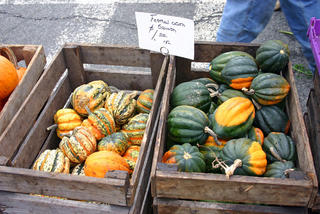





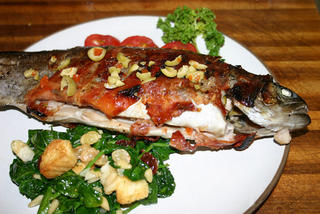
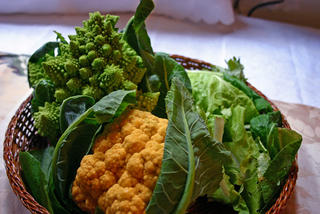









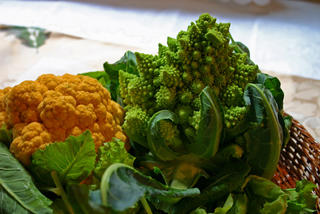
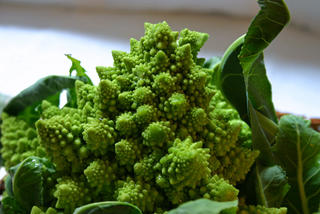

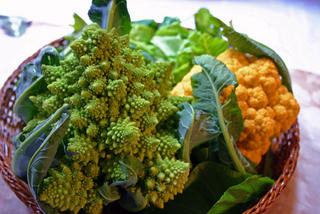





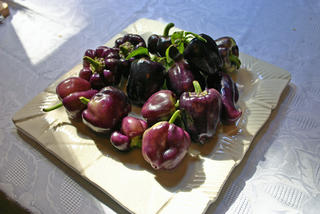

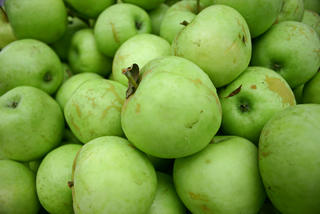
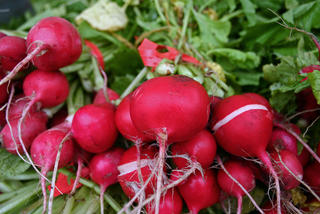





 Podcast Feed
Podcast Feed














